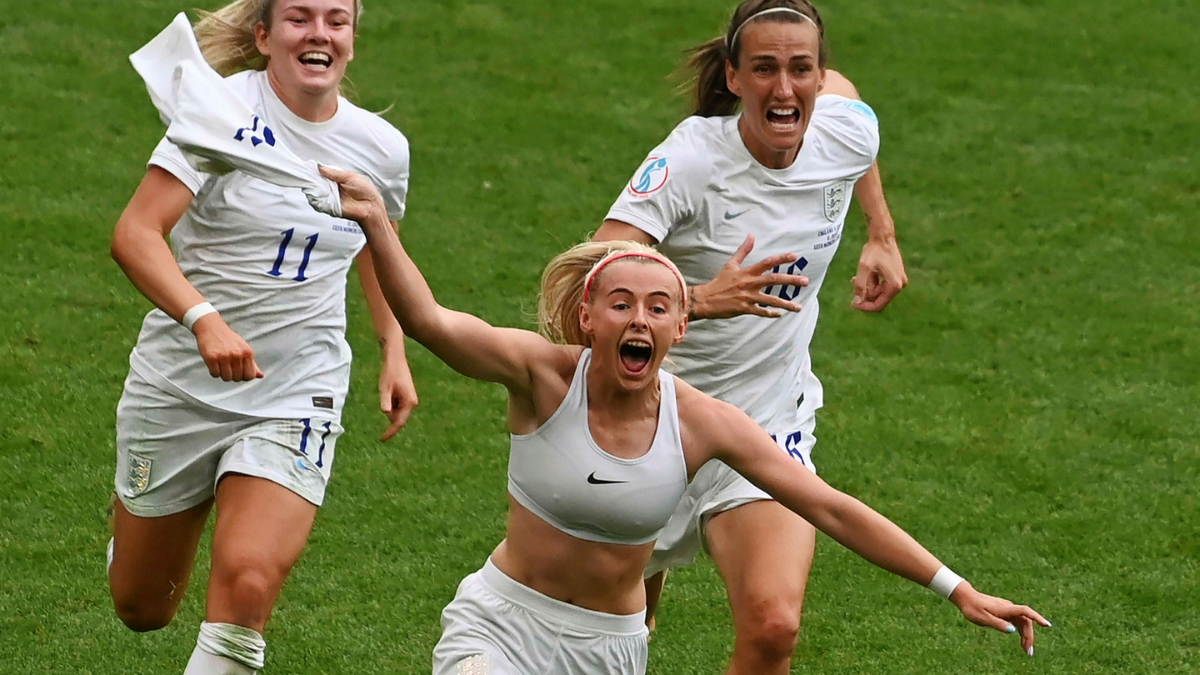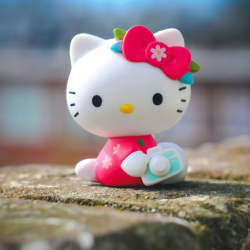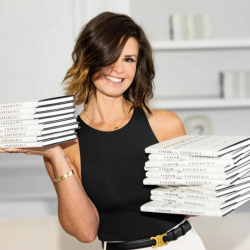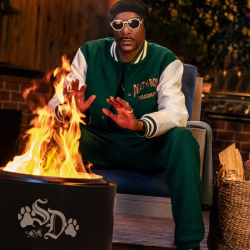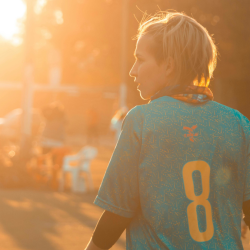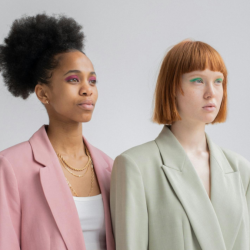Money talks. And it’s telling us we don’t value sport, if it’s women playing
Imagine the scenario, it’s just over a month til the kick off of the first matches of the World Cup. And rather than feeling media coverage is inescapable, it’s a total ghost town — not a peep about it. In fact, there’s the looming threat that no one in the UK will be able to watch games at all, due to ‘insultingly’ under-priced bids. It’s unimaginable… For the men’s game, at least.
Because that’s exactly what was happening at the end of May this year for the Women’s World Cup.
And now, with two weeks to go until kick off, the hype for the tournament has got off to a spluttering start. You’d be forgiven for having no idea the World Cup is happening this year at all. And who loses… The women who’ve worked tirelessly to get their sport into the mainstream.
As an industry, we can be proud in our contribution to the era-defining Euros
Last year’s Euros fundamentally redefined women’s sport, culminating in the largest ever attendance of a European Championship match (women’s or men’s) for the final. It introduced a whole new generation of fans to football and cemented the women’s game as a mainstream event in its own right.
And brands had a huge role to play in this success. EE’s Not Her Problem campaign drove massive awareness for the players and tackled online sexist hate along the way. In a show of player power and prowess, Nike projected the heroes of the Euros team onto iconic landmarks. Heineken brought in big names, old and new, with their 12th Woman campaign that tackled bias in football. They helped women’s football break into the mainstream, and shone a light on issues that prevented it getting there.
The goal of the Euros was to deliver a record breaking tournament, and leave a tangible legacy for the women’s game. Break records it did. Now as brands we need to help future events build that legacy, and keep the sport in the mainstream — by treating it as what it is: a huge sporting event.
But we treat the Women’s World Cup as an add-on to the Men’s, and it’s devaluing the sport
This year’s World Cup is set to be the biggest stand-alone women’s sporting event in the world. It’s predicted to reach 2 billion people, nearly double that of 2019, with 1.5 million attendees. That’s 10x the Super Bowl. That’s 5x Formula1. That’s 100x the Golf Masters.
But we are still treating the Women’s World Cup as an add-on to the mens. As Suzanne Wrack puts it: the bundling of sponsorship makes women’s sport a sweetener to the deal: ‘It feels like a lot of money to be spending? Well… You’re getting the women’s too! What a bargain.’
So we’re seeing an imbalance between the old guard of men’s team sponsors (Coca-Cola, Hyundai, Qatar Airways) — the new generation of fans, who want to see their unique culture reflected in brand engagement. Fans and players alike now want to see the game taken seriously in its own right: to be engaged with as a sport in itself, not a strand of purpose marketing.
New players should see this as a chance to start their in-roads with sport culture
With the unique and vast audience tuning into the Women’s World Cup, it’s a huge opportunity for brands to redefine what it means to have in-roads with football culture. And for new players to take advantage of what old brands have capitalised on for decades.
New ways of watching
More so than for the men’s game, this is a social opportunity first and foremost — with nearly half set to watch at family or friends homes. As new social rituals and traditions emerge, there’s a huge opportunity for new brands to place themselves at the heart of these new habits.
Next generation fans
This is a new generation of fans, many of whom are new to football, and they’re creating their own rules about what it means to be a fan. It’s being heralded as the most inclusive and friendly football environment so far, this is a chance to appear in a highly brand-safe environment.
History in the making
Women’s football is growing, and fast — 94% of young people said Euros marked a moment in history. This is the chance for brands to write themselves into history, and align themselves with the side of progress and empowerment.
We need to stop lying to ourselves about women’s sports. That it’s secondary to men’s sport — an amateur subset. That it’s only watched by women — an insignificant audience. That its value is only as an addendum to a men’s sport strategy. We deserve more than that. And it’s an open goal, if anyone wants to make a proper shot of it.
Featured image: England’s Chloe Kelly celebrates after scoring her side’s second goal during the Women’s Euro 2022 final / Rui Vieira

















